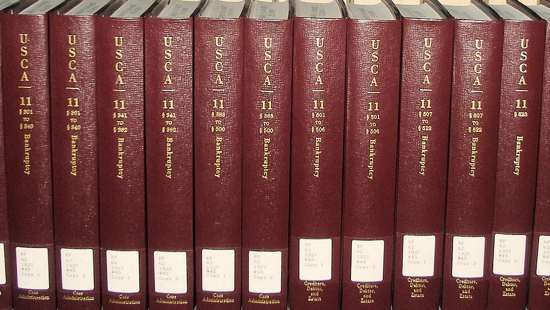Stephanie Foster v. Jennie Stuart Medical Center
Christian County, Judge John L. Atkins
Court of Appeals, Published 9/20/2013
“[W]e have a duty to accord to words of a statute their literal meaning unless to do so would lead to an absurd or wholly unreasonable conclusion.” Bailey v. Reeves, 662 S.W.2d 832, 834 (Ky. 1984)(citing Department of Revenue v. Greyhound Corp., 321 S.W.2d 60 (Ky. 1959)). “A legislature making no exceptions to the positive terms of a statute is presumed to have intended to make none.” Bailey, at 834 (quoting Commonwealth v. Boarman, 610 S.W.2d 922, 924 (Ky. App. 1980)). “It is to be presumed . . . that the legislature is acquainted with the law, that it has knowledge of the state of the law on subjects on which it legislates, and that it is informed of previous legislation and the construction that previous legislation has received.” Boarman, at 924. In this case, KRS 216B.165, does not allow protection for someone who is not the whistleblower. The language of the statute is not ambiguous and it does not require interpretation. “If the language is clear and unambiguous and if applying the plain meaning of the words would not lead to an absurd result, further interpretation is unwarranted.” Gilbert v. Commonwealth, Cabinet for Health and Family Services, 291 S.W.3d 712, 716 (Ky. 2008). Although we may believe that it would be reasonable to apply protection to individuals who were not the actual whistleblowers, the legislature has made a decision not to allow recovery pursuant to this statute. It is the legislature that must provide recovery to Oliver. Interestingly, KRS 61.102(2), the Kentucky Whistleblower Act, specifically states that:
(2) No employer shall subject to reprisal or discriminate against, or use any official authority or influence to cause reprisal or discrimination by others against, any person who supports, aids, or substantiates any employee who makes public any wrongdoing set forth in subsection (1) of this section.
(Emphasis added.) If the legislature had intended to allow this same protection under the provisions of the Kentucky Patient Safety Act, it easily could have done so.


